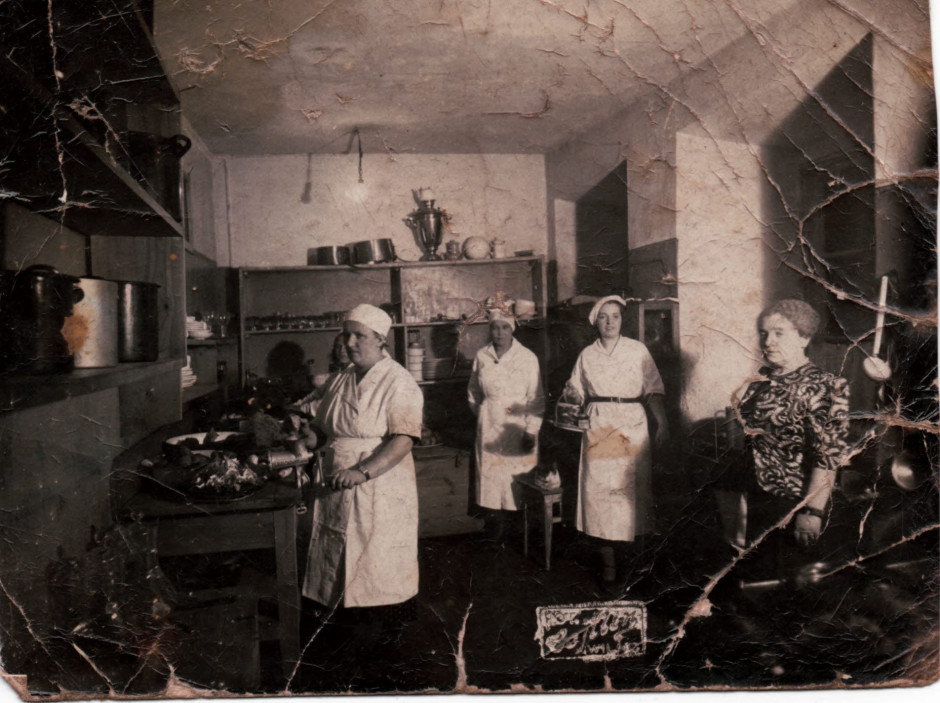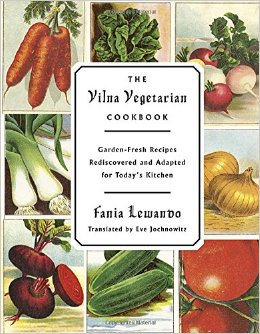A voice from the past emerges in the pages of The Vilna Vegetarian Cookbook: Garden-Fresh Recipes Rediscovered and Adapted for Today’s Kitchen (Schocken Books), first published in Yiddish in 1938 when Vilna — a center of Jewish learning and scholarship — was part of Poland rather than Lithuania.
It’s the inimitable voice of Fania Lewando, the author.
Lewando, a pioneer in the Jewish vegetarian movement, was the operator of Dieto-Jarska Jadlodajnia, a kosher dairy restaurant owned by her husband, Lazar, an egg dealer. Located at 14 Niemiecka Ulica, in Vilnius’ old quarter, it was a salon for artists and writers like the painter Marc Chagall and the playwright and poet Itzkik Manger.
Apart from her duties at the restaurant, Lewando ran a kosher cooking school and supervised the kosher vegetarian kitchen aboard the Polish ocean liner MS Batory, which plied the Gdynia to New York City route from 1936 to 1939.
In its original Yiddish version, titled Vegetarian-Dietic Cookbook: 4oo Recipes Made Exclusively From Vegetables, she wrote, “It has long been established by the highest medical authorities that food made from fruits and vegetables is far healthier and more suitable for the human organism than food made from meat.”
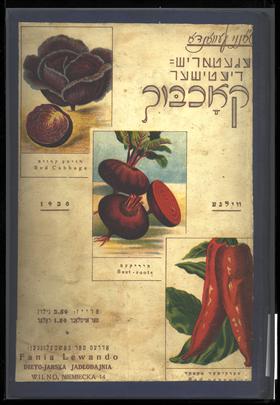
She added, “From the humanitarian principle of tsar baaley khayaim (letting living creatures live), it would be desirable to replace meat with a purely vegetarian cuisine.”
Being true to her principles, American food writer Joan Nathan writes in the foreward, Lewando “broke from the long-standing Eastern European custom of associating meat-based meals with the Sabbath, holidays, weddings and other celebratory events, and vegetarian dishes with times of scarcity, with mourning and with ordinary weekday meals.”
Lewando came to Nathan’s attention a few years ago. After she had delivered a lecture, two women, Barbara Mazur and Wendy Waxman, approached Nathan with an English translation of Lewando’s book.
“I was struck by the beauty of its colorful illustrations and the wide range of its vegetarian recipes,” Nathan observes. Until that moment, she says, she knew almost nothing about Lewando, who was born in northern Poland in 1887.
Mazur and Waxman stumbled upon her cookbook, one of the very few extant copies, at the YIVO Institute for Jewish Research in Manhattan.
“As soon as I saw it, I realized that they had discovered a piece of Jewish culinary history that must be told and shared,” writes Nathan.
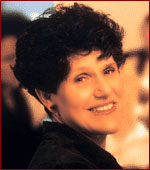
As she suggests, vegetarianism is nothing new in Jewish tradition.
“Because of the very nature of the laws of kashrut — which include the separation of meat and dairy dishes — Jewish cuisine has always included many vegetarian recipes. Also, many Jews have felt that being a vegetarian was a step toward increased spirituality, because by refraining from eating fish and meat they were avoiding the necessity of slaughtering living beings.”
As she points out, vegetable dishes became popular among Jewish immigrants in early 20th century Palestine, where meat was relatively scarce. And due to antisemitic pressure in Poland, a law was enacted in 1935 banning the Jewish ritual killing of animals and chickens. In response, a slew of kosher cookbooks offered recipes for meatless meals.
Tragically, Lewando and her husband perished after escaping from the Nazi Vilna ghetto in 1941 or shortly afterwards.
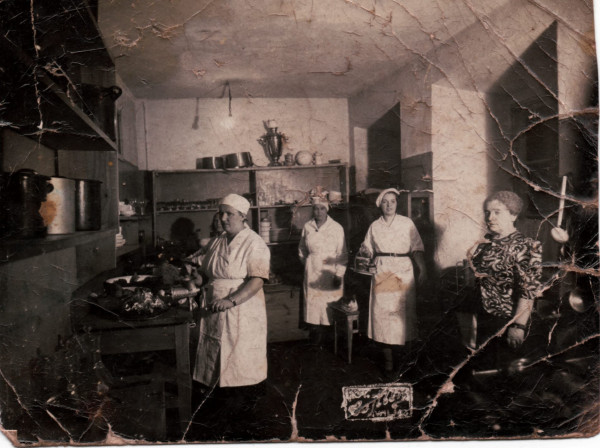
Given the fate that befell her, The Vilna Vegetarian Cookbook is a memorial to Lewando — a woman “who devoted her life to promoting Jewish vegetarian cuisine and educating Jewish women,” says Efraim Sicher, a Ben-Gurion University of the Negev professor, in an introductory essay.
The book, which has been translated into English by Eve Jochnowitz, is composed of 26 chapters — salads, soups, cutlets, stewed dishes, miscellaneous dishes, blintzes, omelets, porridges, frittatas, kugels with cholents, puddings, latkes, Passover foods, substantial puddings, sauces and creams, stuffed foods, baked goods, jams and preserves, turnovers, compotes and desserts, glazes and garnishes for cakes, coffee, buttermilk and yogurt, marinated foods, ices, wine, mead and liqueur, and vitamins, drinks and juices.
The recipes are easy to follow and range from cheese salad, mushroom soup and potato dumplings to bread crumb kugel, rice pudding and nut cake.
Lewando kept a guest book in the restaurant so that people could leave comments after meals. Their observations are printed in the back of The Vilna Vegetarian Cookbook.
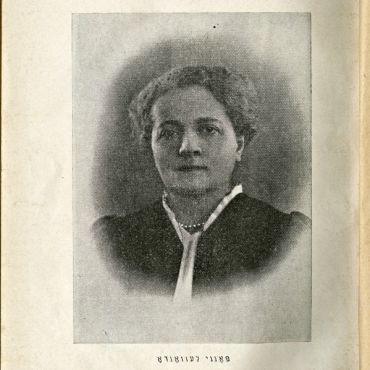
Itzik Manger wrote, “It was a mekhaye (a delight).”
M. Burshtin noted, “It is delicious, light and satisfying.”
In a backhanded compliment, G. Faynerman commented, “Vegetarian food can also be delicious.”
Touche.
